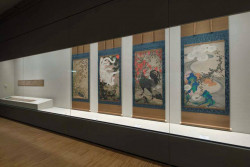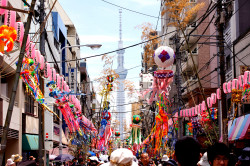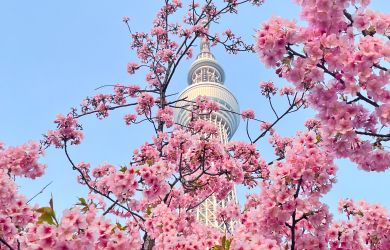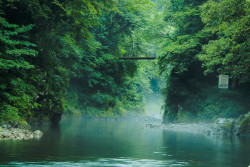
July 11, 2024
Your Summer Reading List 2024
Our best new recommendations from Tokyo’s literary scene
By Iain Maloney
Samurai are everywhere these days with news that Disney+ have committed to two more seasons of hit series Shōgun (presumably with the war essentially over season two will focus on the Anjin’s attempts to open a language school and pass the JLPT), so it’s the perfect moment for Running Wild Press to publish Song of the Samurai by C. A. Parker.
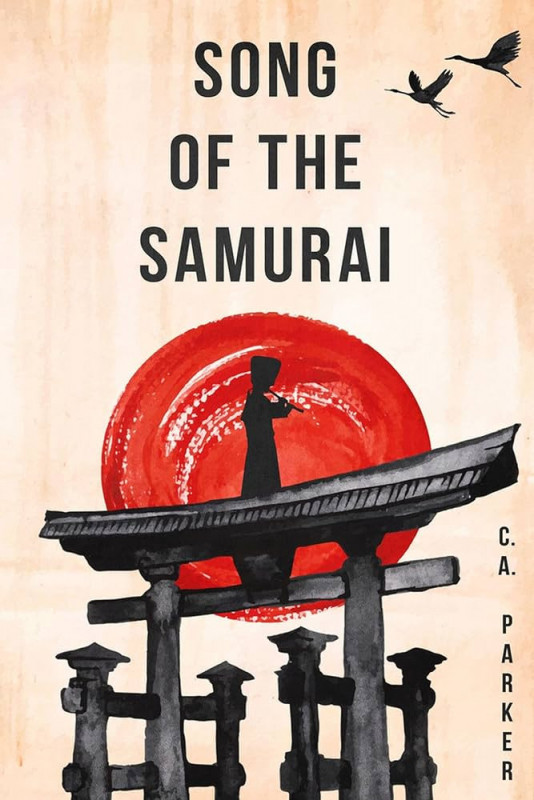
This novel is—somewhat surprisingly given the sheer number of dramatic events that happen to one man—inspired by the real-life musical monk Kurosawa Kinko. Hailing from a samurai family, Kurosawa is the music instructor at Kuzaki Temple in Nagasaki. In his branch of Buddhism—Fuke—the shakuhachi flute is revered as a tool of meditation and enlightenment, and Kurosawa is a master of the instrument. Unfortunately Kurosawa is less a master of his lust and when his affair with the wife of a powerful samurai becomes public knowledge, he is given a face-saving position at a temple in Edo and sent packing.
The majority of the novel is taken up with the adventures he gets into while walking from Nagasaki to Edo, which involve fights with rōnin, deep conversations with various other monks, a months-long sojourn with a hermit at Kōyasan where he confronts demonic spirits, and more than a few nights in the company of women he meets along the way.
The book is a lesson in the maxim that it is better to travel than to arrive, and Kurosawa’s physical journey through 18th century Japan mirrors his own slow journey towards self-knowledge. A subplot involving espionage and rebellion against the Shogun essentially goes nowhere, but Parker’s prose is light and flowing, making for an easy, pleasurable read, while the humour and drama are balanced with spiritual contemplation and depictions of the practice of religion in pre-modern Japan.
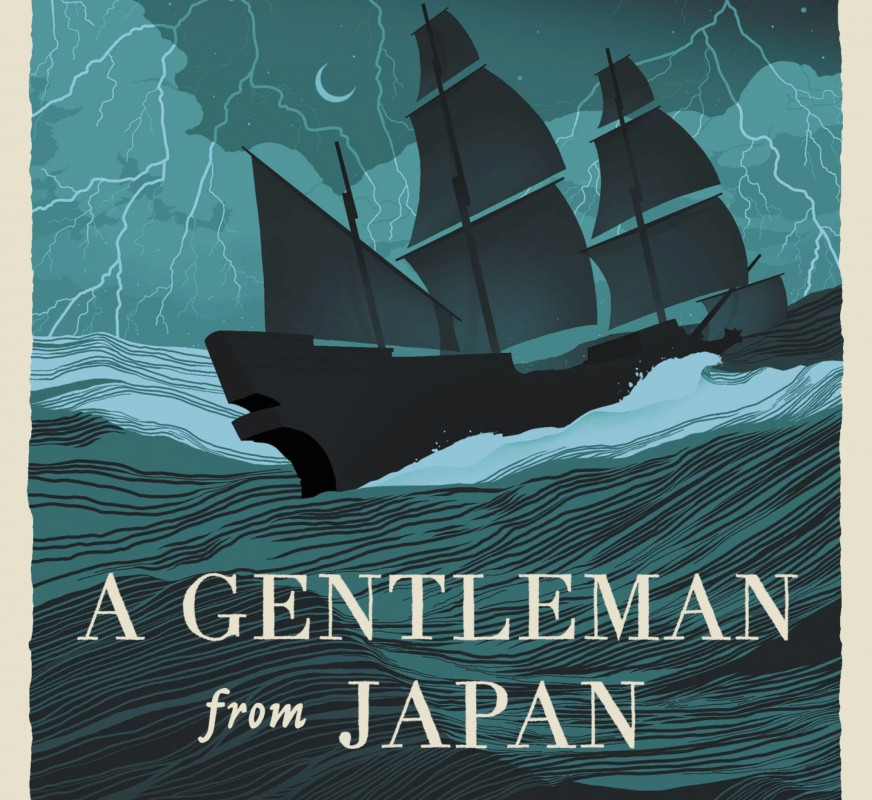
Long journeys are also at the heart of A Gentleman in Japan by Thomas Lockley (Hanover Square Press), a historian whose previous book was African Samurai, the astounding story of an African man who found his way to feudal Japan. In his latest, Christopher, a young Japanese man enslaved, forcibly baptised and renamed by the Spanish, finds his way to Elizabethan London via a series of naval battles across the seven seas. Details about Christopher’s life are thin on the ground but Lockley weaves together what there is to create a gripping tapestry that brings to life the early days of European colonialism in Asia.
One aspect of early modern travel Lockley vividly highlights is quite how little people in the 1500s knew about the planet they inhabited. Christopher—essentially just another crew member on a captured Spanish vessel—is worth his weight in gold to the British explorer and privateer Thomas Cavendish. Christopher could speak and read Japanese, meaning he could translate a map locating Japan, and could act as a translator when the English finally landed in this semi-mythical land. It’s hard to imagine back to a time when “here be dragons” and sketches of sea monsters were used to decorate the blank spaces on maps, and where Japan is rumoured to be a vast land of riches just waiting to be plundered by greedy Europeans.
The English capturing a Japanese “gentleman” is quite the geopolitical coup that threatens the hegemony of the Catholic countries. It’s these insights rather than the character of Christopher that enliven Lockley’s account and in truth this is far more about how Japan was pulled into the story of European colonialism. An enjoyable and enlightening journey.
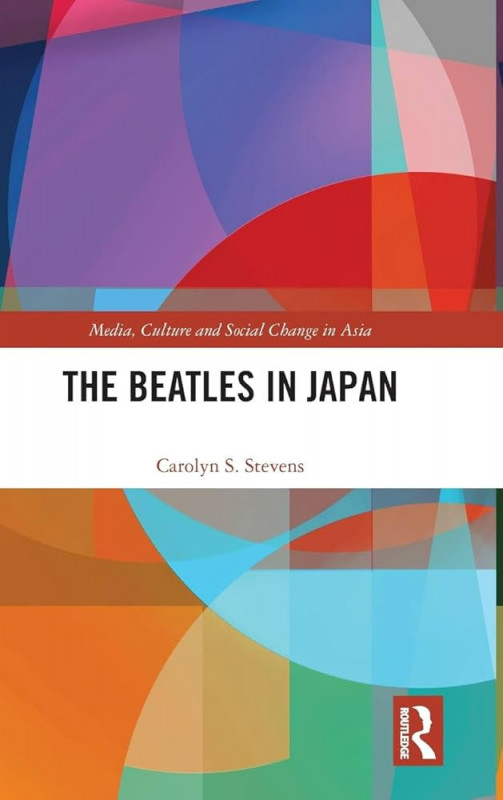
The Beatles in Japan brings the theme of “Western” encounters with Japan up to date. Their series of appearances at the Budokan in Tokyo in 1966 was controversial at the time, and Carolyn S. Stevens (Routledge) does a bang-up job of portraying the minute-by-minute insanity of the world tour that would prove to be their last. Built as a temple to Japan’s martial arts, many on the far right were incensed that these foreign, long-haired layabouts would sully the Budokan with their presences and their rock and roll music. The Japanese police responded to the febrile mood with stereotypical underreaction, forcing the band to remain locked in their hotel suite except at showtimes and intimidating excited audience members who flocked from all over Japan to see the Fab Four.
Despite this, as Stevens goes on to recount, the experience left all four members with positive impressions of the country which would see each of them returning multiple times in the future. John, of course, went on to marry Yoko and Stevens is perceptive in her analysis of their relationship and the racist, misogynistic reaction to it amongst Beatles fans and in the English-speaking media. Equally fascinating is her research into the Japanese reaction to the marriage. While it’s often been assumed that in Japan the news that superstar John Lennon was marrying a Japanese woman was met with national pride, Stevens shows that because of patriarchal attitudes to gender roles at the time, opinions of Ono inside Japan were less than kind. Thankfully, as a result of societal changes and Peter Jackson’s rebalancing of the narrative in Get Back, more thoughtful fans are reappraising Ono’s role in the breakup of the Beatles and her overshadowed artistic career.
While the Budokan story is a dramatic one, it was quickly surpassed by the furore around their trip to Manila and the apparent snubbing of first lady, Imelda Marcos. While the story is told in places like Anthology as one of innocent pop band meets military dictatorship, Stevens shows that from an Asian perspective, particularly in the Japanese media, the narrative was framed very differently. There it was seen as an episode tinged with colonialism as these money-grabbing Europeans failed to treat their Asian hosts with respect. As a result, in Stevens’s telling, Paul McCartney’s 1980 arrest at Haneda on drug charges takes on a whole new light.
With Paul still touring, it’s possible the story of the Beatles in Japan will have at least one more chapter, but for the moment this book is a fascinating overview of the long and winding road so far.
Find more book recommendations on our literature tab here!


